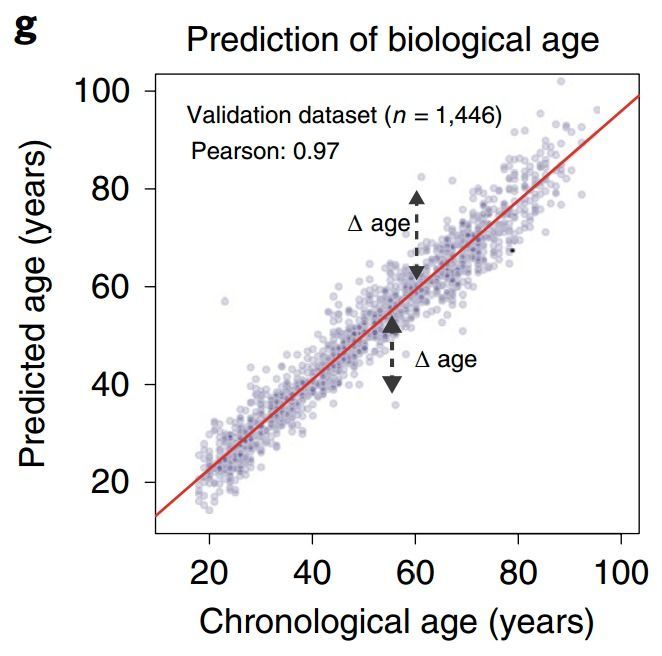Nearly a quarter of patients, 23.7%, treated with adoptive cell transfer tumor-infiltrating lymphocytes for metastatic melanoma have experienced complete and durable responses, according to data presented at ASCO Annual Meeting.
The trial (NCT01174121), conducted by the NCI, has been enrolling patients since 2010, and the subset of patients with metastatic melanoma have shown impressive responses to the therapy over time, with only two complete responders experiencing disease recurrence that resulted in death.
“We have a group of 44 patients with melanoma that are likely cured. They have had no other treatment since their TIL and have been free of disease for more than 5 years,” Stephanie L. Goff, MD, FACS, an associate research physician with the surgery branch at the NCI, told Cell Therapy Next.





